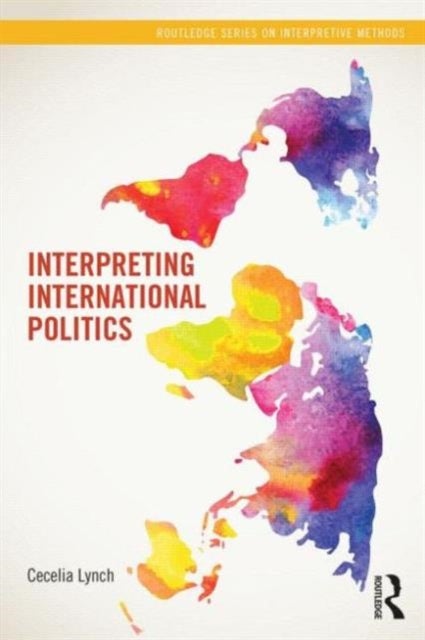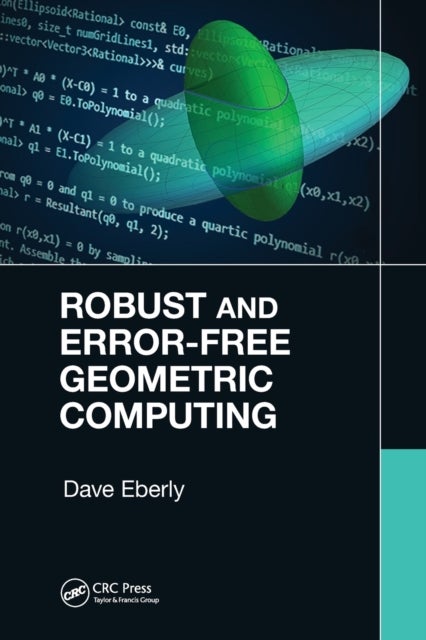
Interpreting International Politics av Cecelia Lynch
479,-
<P><EM>Interpreting International Politics</EM> addresses each of the major, "traditional" subfields in International Relations: International Law and Organization, International Security, and International Political Economy. But how are interpretivist methods and concerns brought to bear on these topics? In this slim volume Cecelia Lynch focuses on the philosophy of science and conceptual issues that make work in international relations distinctly interpretive. This work both legitimizes and demonstrates the necessity of post- and non-positivist scholarship.</P><P>Interpretive approaches to the study of international relations span not only the traditional areas of security, international political economy, and international law and organizations, but also emerging and newer areas such as gender, race, religion, secularism, and continuing issues of globalization. By situating, describing, and analyzing major interpretive works in each of these fields, the book draws out the critical r








